Industrial Grain Roasting Machine
Price 114000 INR/ Unit
Industrial Grain Roasting Machine Specification
- Capacity
- 5-500 Kg/hr
- Automatic
- Yes
- Voltage
- 230/440 Volt (v)
- Feature
- ECO Friendly, Low Noice, Lower Energy Consumption, Compact Structure, High Efficiency
Industrial Grain Roasting Machine Trade Information
- Minimum Order Quantity
- 1 Unit
- Payment Terms
- Cash Against Delivery (CAD), Cash Advance (CA), Cash in Advance (CID), Cheque, Western Union
- Main Export Market(s)
- Asia, Australia, Central America, North America, South America, Eastern Europe, Western Europe, Middle East, Africa
- Main Domestic Market
- All India, South India, Central India, West India, North India, East India, Gujarat, Karnataka, Kerala, Lakshadweep, Mizoram, Meghalaya, Manipur, Andhra Pradesh, Bihar, Chandigarh, Daman and Diu, Goa, Jharkhand, Odisha, Punjab, Assam, Delhi, Dadra and Nagar Haveli, Andaman and Nicobar Islands, Arunachal Pradesh, Chhattisgarh, Haryana, Himachal Pradesh, Jammu and Kashmir, Madhya Pradesh, Maharashtra, Nagaland, Rajasthan, Sikkim, Tamil Nadu, Telangana, Tripura, Pondicherry, Uttar Pradesh, Uttarakhand, West Bengal
- Certifications
- ISO
About Industrial Grain Roasting Machine
Key Features:
-
Capacity: Industrial machines can handle different volumes, from small batches to several tons per hour, depending on the scale of production.
-
Temperature Control: Precise temperature control is crucial for achieving consistent roasting results and avoiding over-roasting or under-roasting.
-
Uniform Roasting: The machine should ensure even roasting to avoid uneven texture and flavor. This is often achieved through rotating drums or convection heating systems.
-
Airflow Management: Proper airflow helps in even roasting and controlling the temperature. It also aids in removing chaff and smoke.
-
Automation: Many modern machines come with automated controls for temperature, time, and airflow, making it easier to achieve consistent results with minimal manual intervention.
-
Materials and Construction: The machine is usually built with durable materials like stainless steel to withstand high temperatures and ensure longevity.
-
Cleaning and Maintenance: Easy access for cleaning and maintenance is important for food safety and machine longevity.
-
Safety Features: Include alarms, automatic shut-off, and other safety mechanisms to prevent accidents and ensure safe operation.
Types of Industrial Grain Roasting Machines:
-
Drum Roasters: These machines use a rotating drum to evenly roast grains. They are versatile and can handle various types of grains.
-
Hot Air Roasters: Utilize hot air to roast grains, often providing a more uniform roast and faster processing times.
-
Fluid Bed Roasters: These machines use a fluidized bed of hot air to roast grains. They are known for their efficiency and even roasting capabilities.
Advanced Roasting Technology for Diverse Needs
Designed for maximum versatility, this grain roasting machine suits a broad spectrum of grain varieties and operational scales. Its automatic controls provide hassle-free usage, while the compact structure makes it ideal for facilities facing space constraints. Energy saving and low-noise operation ensure a sustainable, worker-friendly environment.
Energy Efficient and Environmentally Responsible
Emphasizing sustainability, the machine incorporates ECO-friendly features, consumes less power, and lowers operational costs. The quiet machinery design also promotes a peaceful work area, aligning with modern industrial requirements in India and beyond.
FAQs of Industrial Grain Roasting Machine:
Q: How does the automatic operation of the grain roasting machine enhance efficiency?
A: The automatic functionality allows for precise control over the roasting process, minimizing manual intervention and potential errors. This leads to consistent results, reduced labor costs, and enhanced productivity.Q: What types of grains can be processed using this machine?
A: This industrial roaster is versatile and can handle a wide variety of grains, including wheat, corn, barley, and pulses. Its adjustable settings cater to the specific roasting requirements of different grains.Q: When is the best time to use this roaster for optimal results?
A: The machine is designed for continuous operation, making it suitable for both small and large batches at any production stage. Scheduling it during regular processing hours optimizes efficiency and resource utilization.Q: Where is this grain roasting machine manufactured and supplied?
A: Manufactured in India, this machine is available through a network of distributors, exporters, manufacturers, retailers, suppliers, traders, and wholesalers across the country.Q: What is the typical process for roasting grains with this machine?
A: Operators simply load the machine with grains, select the desired settings, and initiate the process. The automatic controls manage roasting time and temperature for uniform output with minimal supervision.Q: How does the compact structure benefit users with limited space?
A: The compact design ensures that the machine occupies minimal floor space, making it ideal for production units with size constraints without compromising on capacity or performance.Q: What are the primary benefits of choosing an ECO-friendly, low noise, energy-efficient roaster?
A: Opting for this machine reduces overall energy consumption and contributes to a healthier work environment, thanks to its quiet operation. Additionally, it supports sustainability goals by minimizing environmental impact.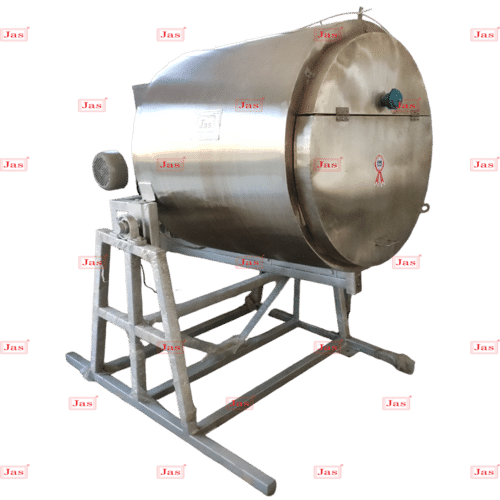
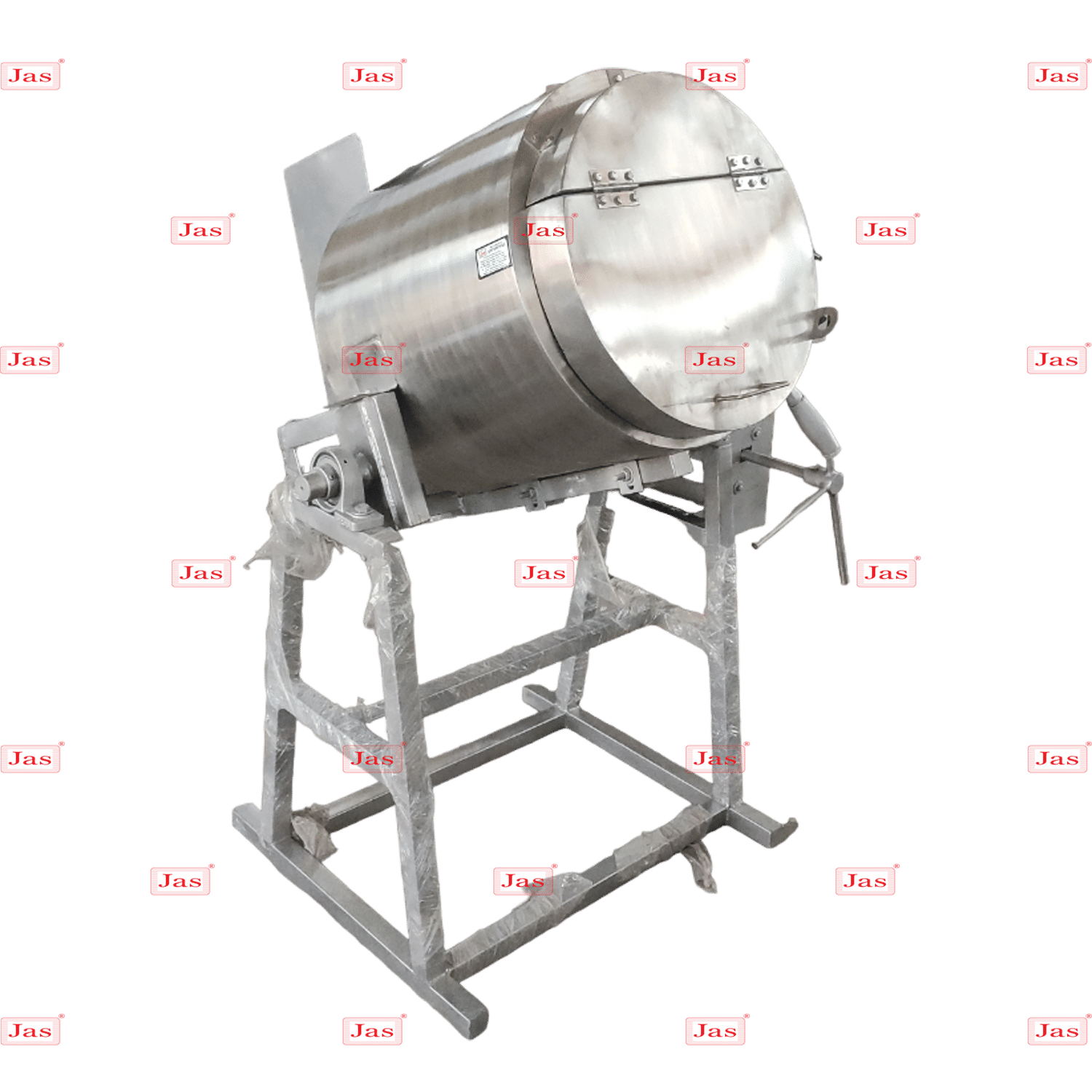

Price:
- 50
- 100
- 200
- 250
- 500
- 1000+
More Products in Food Processing Machinery Category
Industrial Gas Oven
Price 10000 INR / Unit
Minimum Order Quantity : 1 Unit
Automatic : Yes
Voltage : 230/440 Volt (v)
Feature : ECO Friendly, Low Noice, Lower Energy Consumption, Compact Structure, High Efficiency
Peanut Peeler Machines
Price Range 200000.00 - 250000.00 INR / Unit
Minimum Order Quantity : 01 Unit
Automatic : Yes
Voltage : 110/220/380/415 volts, 50/60 Hz, 1/3 phase Watt (w)
Snack Food Extruder
Price Range 25000.00 - 75000.00 INR / Unit
Minimum Order Quantity : 1 Unit
Automatic : Yes
Voltage : 110440 Volt (v)
Feature : Lower Energy Consumption, ECO Friendly, Low Noice, Compact Structure, High Efficiency
Puff Oven
Price 18000 INR / Piece
Minimum Order Quantity : 1 Unit
Automatic : Yes
Voltage : 110440 Volt (v)
Feature : Lower Energy Consumption, ECO Friendly, Low Noice, Compact Structure, High Efficiency

 Send Inquiry
Send Inquiry

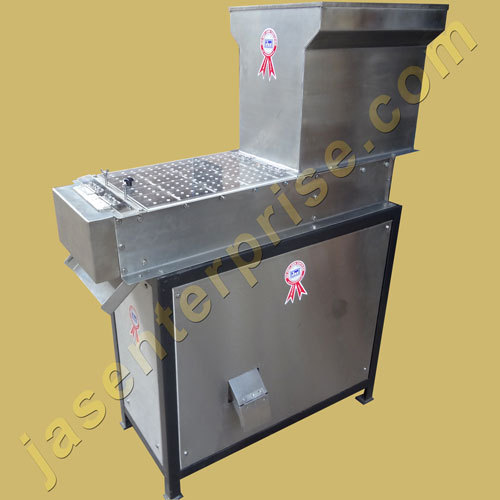
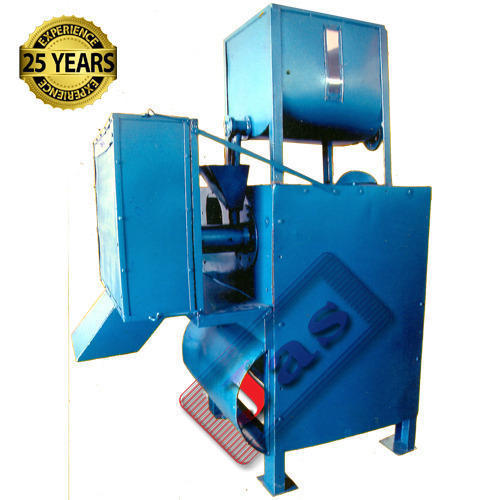
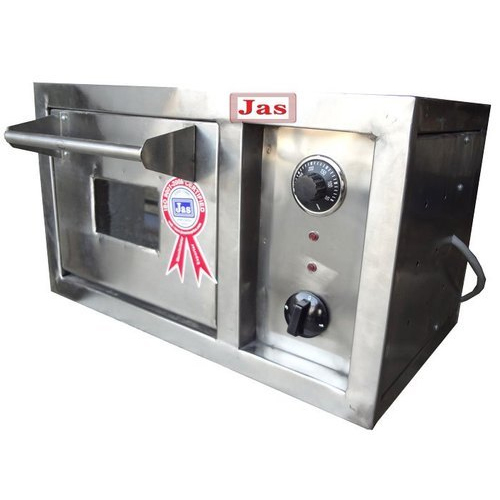


 Send Inquiry
Send Inquiry Send SMS
Send SMS Call Me Free
Call Me Free